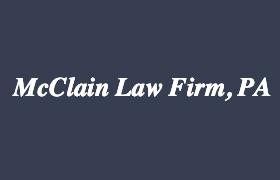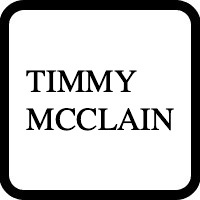Big Pine Key Trusts Lawyer, Florida
Sponsored Law Firm
-
 x
x

Click For More Info:
-
McClain Law Firm, PA
P.O. Box 536387 Orlando, FL 32853» view mapEstate Law A Law Firm That Cares
Let McClain Law Firm, PA handle all your Estate Planning needs today!
800-908-6270
Jeffrey Lee Wilderson
Commercial Real Estate, Real Estate, Wills, Trusts
Status: In Good Standing Licensed: 17 Years
Kathleen Hendrickson
Commercial Real Estate, Trusts, Guardianships & Conservatorships, Elder Law
Status: In Good Standing Licensed: 41 Years
 Timmy McClain Orlando, FL
Timmy McClain Orlando, FL AboutMcClain Law Firm, PA
AboutMcClain Law Firm, PA
